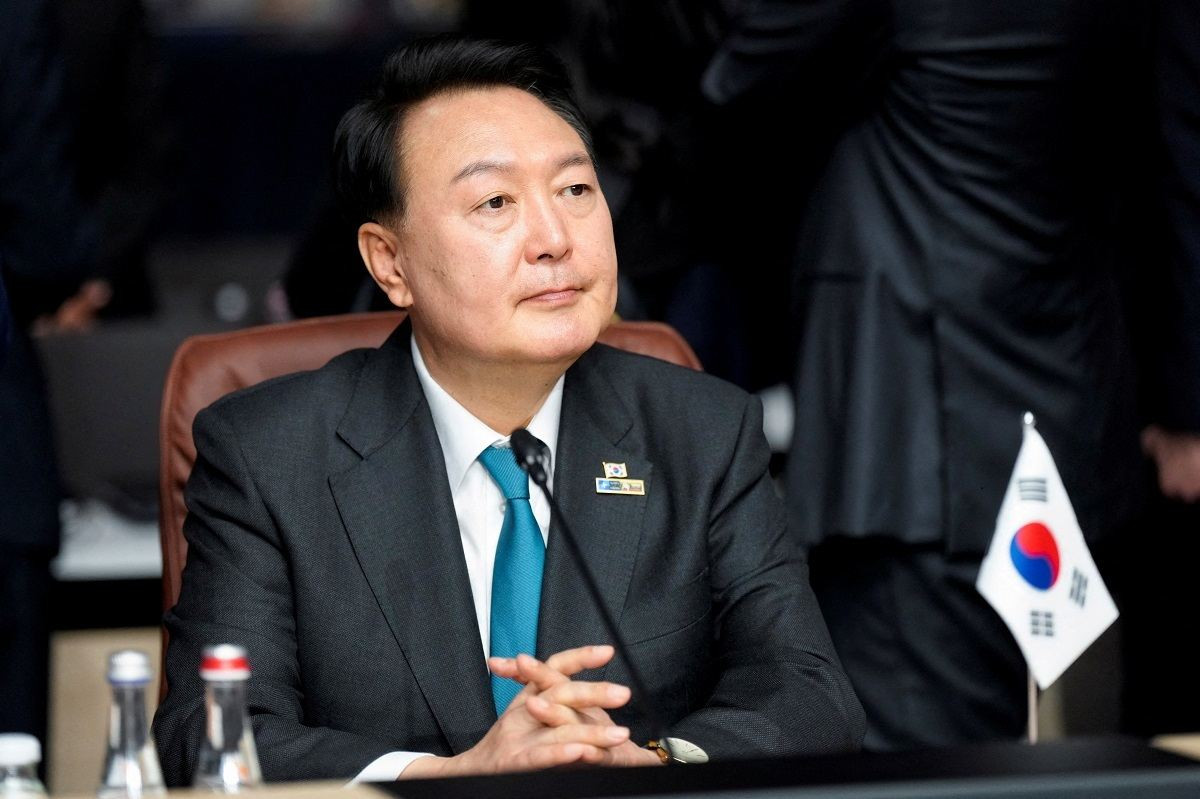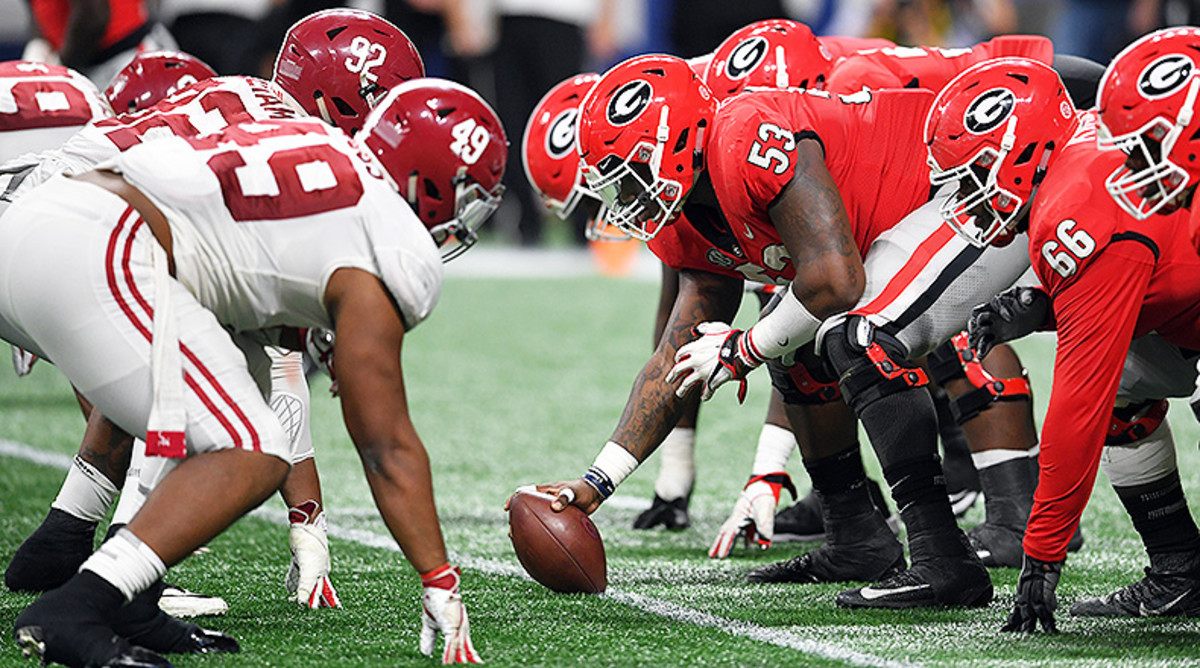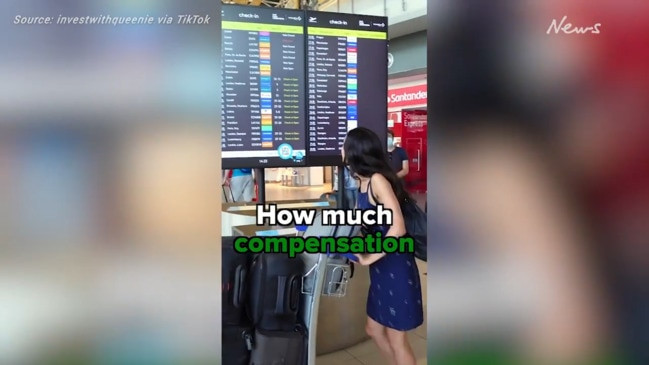South Korea's President Declares Emergency Martial Law
In a stunning turn of events, South Korean President Yoon Suk Yeol declared a state of emergency martial law on Tuesday night, sending shockwaves across the nation and the international community. This drastic measure, announced during a surprise late-night televised address, immediately plunged the country into uncertainty and sparked widespread condemnation from opposition parties and concerns globally.
Yoon’s declaration cited the need to protect the country from perceived threats and to quell what he described as “anti-state forces” that were allegedly paralyzing the government. He accused the opposition Democratic Party of sympathizing with North Korea and engaging in activities detrimental to the nation’s security and stability. He vowed to “eradicate pro-North Korean forces and protect the constitutional democratic order,” framing the actions as necessary to safeguard the Republic of Korea from perceived threats.
Political Fallout and Public Response
The announcement was met with immediate and fierce backlash. Opposition leaders, including Democratic Party leader Lee Jae-myung, swiftly denounced the declaration as unconstitutional and illegal. Lee, along with other party members, called for a mass gathering at the National Assembly to challenge Yoon's decree, claiming that it was a blatant power grab amid political deadlock. The opposition’s claim emphasizes President Yoon’s declining approval ratings and struggles to pass legislation through the opposition-controlled parliament. They believe Yoon’s decision was a desperate attempt to consolidate power amid political turmoil and low approval ratings.
Meanwhile, images and videos circulating online showed a significant military presence around the National Assembly building in Seoul. Protesters gathered outside the parliament, while lawmakers attempted to convene an emergency session to counter the president's decree, leading to clashes between protesters, security personnel, and National Assembly staff. Accounts from Seoul residents paint a picture of rising anxiety, with some taking precautionary measures such as packing emergency kits and heeding advice from journalists on how to stay safe during the martial law.
The Military's Role
The military's role in enforcing martial law remains unclear. While reports of soldiers and police surrounding the National Assembly circulated, there were no immediate signs of large-scale military deployments on the streets of Seoul. Some reports highlighted a lack of visible military presence, leading to confusion among citizens and observers alike. The initial reactions from Seoul residents ranged from bewilderment to anxiety, with the situation remaining fluid and uncertain.
The Budget Impasse and Impeachment Attempts
The escalating political tension that culminated in the declaration of martial law has its roots in the protracted budget dispute between the ruling People Power Party and the opposition Democratic Party. The opposition’s actions to slash crucial government budgets, coupled with ongoing attempts to impeach various cabinet members, further fueled the confrontation. President Yoon interpreted these actions as attacks on the country's stability and security, leading him to declare martial law to restore order.
Yoon's administration has been plagued by scandals involving his wife, allegations of corruption and influence peddling. The opposition has been pushing for independent investigations into these allegations, further straining the relationship between the two parties and contributing to the current political gridlock. This led to the opposition cutting major budgets. The opposition has used its control of the parliament to try to impeach various members of the government, including government officials.
International Reaction and the US Response
The international community reacted swiftly to the news, expressing deep concern over the implications of martial law in a democratic society. The United States, a close ally of South Korea, is closely monitoring the situation and has confirmed its communication with the South Korean government. The Biden administration has indicated its commitment to observing the evolving situation and understanding the events in South Korea.
Analysis of the Situation
The declaration of martial law constitutes an extraordinary measure. This action has not been seen in South Korea since 1979, highlighting the gravity of the current political crisis. The immediate impact remains unclear and highly dependent on how President Yoon and his administration choose to enforce the martial law. The situation remains volatile and necessitates cautious observation, given the potential impact on human rights and democratic processes. Further developments will need to be tracked carefully, as they may unveil additional layers of the complex political dynamics at play. The long-term effects of the decision remain uncertain and will become apparent in the coming days and weeks.
The Future of South Korea
Uncertain times lie ahead for South Korea. The declaration of martial law throws the country's future into question, leaving many citizens feeling apprehensive about what may unfold. This unprecedented move has initiated a period of uncertainty, requiring vigilance and a close watch on further developments in the days to come. It is critical that the international community actively monitors the situation to ensure that human rights and democratic freedoms are upheld. The coming days will be crucial for shaping the path forward.
The events of this week represent a profound shift in South Korea's political landscape. It is essential for the government to ensure that any actions taken under the martial law declaration adhere to international standards of human rights and due process. The stability and prosperity of South Korea rest on a peaceful resolution to the current crisis, respecting democratic principles and protecting civil liberties.

















